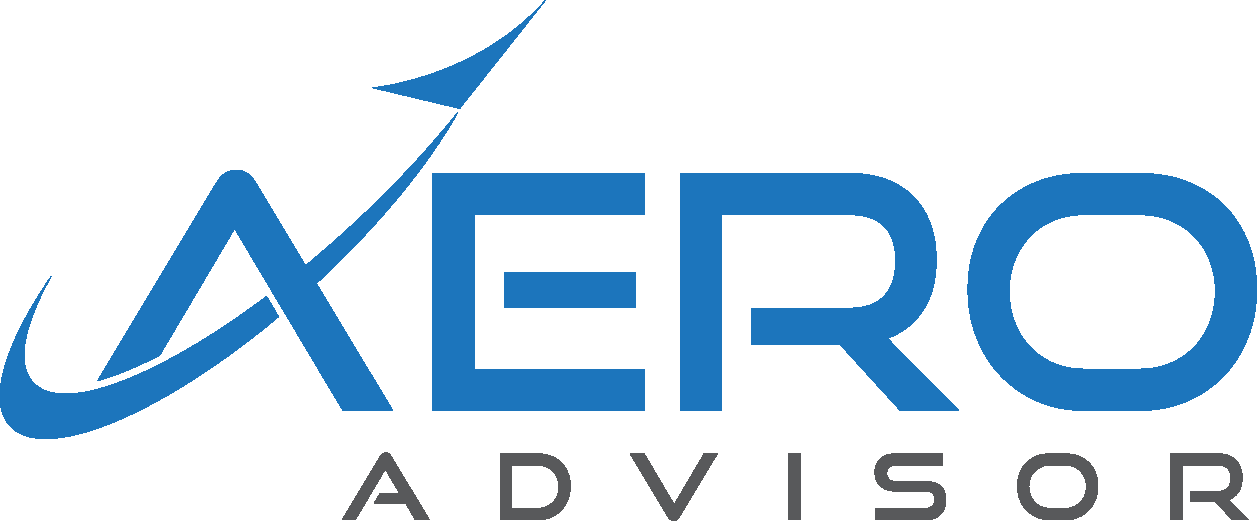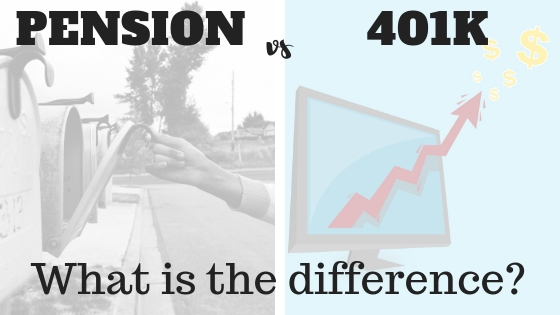Over the last few months, I have been describing the changes that are occurring with Lockheed Martin retirement benefits. A lot of these changes are affecting those with a LM pension, but many new employees hired after 2006 weren’t offered a pension option at all. So what are they missing?
In this post, I’ll talk about the difference in a pension and a 401k plan at Lockheed.
The Pension
First, let’s run down the characteristics of a pension. A pension plan is falls into the category of a “defined benefit plan.” This means that you’ll get a set amount (or defined) of money later on down the road.
Your employer contributes an amount that they determine will fund your benefit in the future.
When you are ready to draw an income from your pension, you will have multiple options on how you want it paid out. You can choose the highest amount, which will be calculated based on your life expectancy. When you die, the pension checks will stop.
If you have heirs that you’d like to make sure are taken care of when you die, you can select a lower monthly payout option but will be based on your life and the life of your beneficiary.
Some pension plans even offer a lump sum distribution option. Basically, they’ll cut you a check when you retire instead of sending you monthly income.
When you start receiving a pension check, you’ll pay taxes on what you receive.
Benefits of a Pension
No market risk. You don’t have to worry about how the market does during the time you’re working. Your benefit is set. The market risk is on your company and the pension fund manager.
Can’t outlive your money. If you choose the monthly payment option, the payments will continue for the rest of your life.

You can be as smiley as this couple if you have enough income to cover the bills in retirement.
Good for spenders. If you tend to spend a good portion of your income each month, then a pension might be good for you. You can’t call up the pension fund and ask for any additional money, so you’ll have to wait until your next pension payment to get access to more funds.
Can a pension fund go broke?
Yes, there have been many cases of a pension plan running out of money. Most likely, they will skip and/or reduce the monthly payments to make sure the fund stays viable. Most pension plans are insured as well, so most pension participants will continue to receive most of their income checks despite if the company goes bankrupt.
The 401k
A 401k is named after the section of the Internal Revenue Service code that talks about defined contribution plans. Unlike a pension, the employee and/or employer adds money to the plan for you to use when you retire.
How much you have in your 401k is mostly determined by you, the employee. The amount you contribute, market performance and what you invest inside the 401k determines how much you accumulate in the plan. Most 401k contributions are taken out of your paycheck before tax is deducted, but there are also after tax contribution options as well.
When you retire, you can withdraw money out of your 401k as you need it or roll the funds over to a traditional IRA. You’re taxed on the funds at your ordinary income rate when you pull them out of the 401k.
Benefits of a 401k
Access to funds. In a 401k, you can access the funds as you need them. If you have a the need for a large chunk of cash, you’ll be able to access the funds pretty easily.
Market participation. Your 401k account could benefit from market gains the longer you are in the plan. This could provide enough income in retirement and even leave a good portion of your retirement plan to pass on to your heirs. However, it’s up to you to make sure the money lasts throughout your retirement.
Tax control. You can determine how much money you take out of your 401k or IRA (if you decided to rollover your 401k). This allows you to plan for how much you’ll pay in taxes each year.
So are new Lockheed employees getting the shaft by not getting a pension plan as part of their retirement package? Not really. The company, like many large corporations, has just shifted the benefit over to the 401k side by contributing more to the employee’s account.
The opinions voiced in this material are for general information only. They are not intended to provide specific advice or recommendations for any individual, nor intended as tax advice. We suggest that you discuss your specific situation with a qualified tax or legal advisor.






